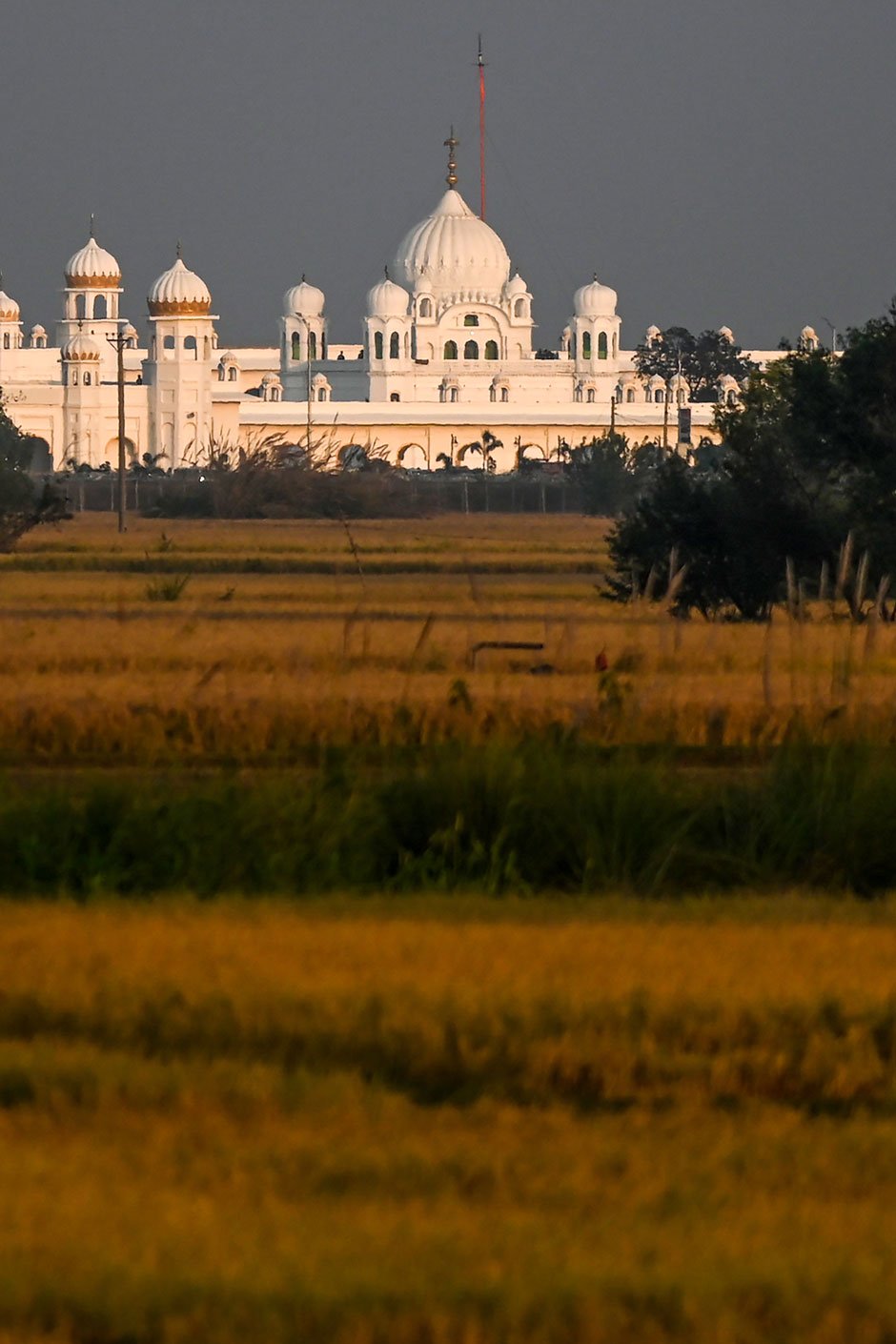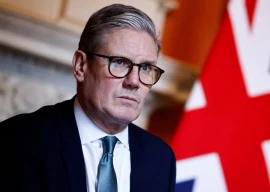
During the Question Hour, Interior Minister Ijaz Shah told the house that at present, passport-free entry of Indian pilgrims to the Kartarpur corridor was not allowed in accordance with a memorandum of understanding signed between Pakistan and India.
However, he added, a proposal for giving the entry without passport, in order to attract more visitors, was under consideration, for which detailed input might be sought from the foreign affairs ministry.
“As per the procedure, pilgrims could visit the corridor from dawn till dusk after producing Indian passport or overseas citizen of Indian-origin card along with the passport of resident country,” he said, while responding to a question.
He added that the movement of Indian visitors was regulated through a combination of physical and electronic security systems by the Pakistan Rangers (Punjab) along with other law-enforcement agencies.
“Visitors are strictly kept inside the Gurdwara complex by using turnstile gates to avoid their exit toward the Pakistani side,” he said. “All the activities in and around the corridor are monitored through surveillance cameras.”
Details of issuance of the national identity cards to foreigners was also presented in the house. The interior ministry said that 1,637 foreigners were issued the national identity cards during 2009-2012, while 474 were issued the cards from 2013 to 2018. The ministry said 420 employees had been dismissed for issuing the national identity cards to the foreigners.
Responding to another question, Ijaz Shah said that the ministry had so far outlawed 84 organisations, while 337 people had been barred under the Anti-terrorism Act from travelling abroad.
Parliamentary Affairs State Minister Ali Muhammad Khan said that the illegal organ trafficking cases had not increased in the country. He stressed the need for legislation to address shortcomings in the process of organ donations.
Kartarpur pilgrims: DG ISPR debunks Indian journalist’s claim
Parliamentary Secretary for Inter-Provincial Coordination Syma Nadeem informed the house that ministry of sports had been devolved after the 18th Constitutional Amendment and now the provinces were mainly responsible for strengthening sports through provision of adequate funds.
She said that national sports federations had been working for the promotion of respective sports in the country. She added that the federal government had constituted a “Federal Sports Coordination Committee”.
She was of the view that the provincial governments should focus on the development of sports infrastructure at the tehsil level, besides provision of adequate sports facilities in schools in order to promote sports activities at the grassroots level.
Responding to a question about the annual income and expenditures of the Pakistan Cricket Board (PCB) for the last three years, she said that the PCB was not controlled by the federal government and that the board did not take any grants or funds from the government.
“The PCB generates its own revenues to reinvest in the development of cricket in the country,” she said. “As such, the profits and revenues generated by the PCB do not fall under the purview of public resources or public funds.”
During the session, Ali Awan raised the issue of water shortage in Islamabad. Raja Pervaiz Ashraf warned that the gas crisis had intensified in the country. Jamaluddin urged the government to fulfil the promises made to the residents of South Waziristan.





1732354127-0/Untitled-design-(3)1732354127-0-270x192.webp)


1732344836-0/BeFunk_§_]__-(37)1732344836-0.jpg)








COMMENTS (1)
Comments are moderated and generally will be posted if they are on-topic and not abusive.
For more information, please see our Comments FAQ